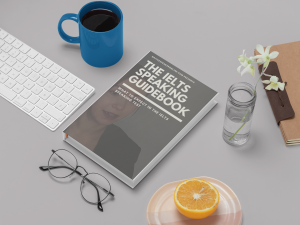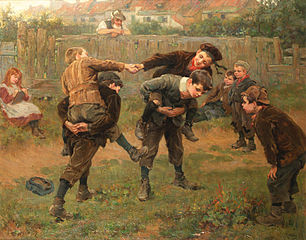In the IELTS speaking test, you might need to talk about your childhood, for example what games you played, what it was like growing up in your hometown, where you spent your holidays, etc. In English, we often use the structures used to + infinitive and would + infinitive to talk about things that we did regularly in the past, but not now.
Let’s look at how to use these structures.
used to + infinitive
We use used to + infinitive when we talk about things that happened regularly in the past but do not happen now. In the negative we say didn’t use to + infinitive:
- I used to play in the snow every winter.
- I used to get up early to go to school.
- I didn’t use to go to bed so late.
We can use this structure with both states and actions:
- I didn’t use to have any responsibilities, but now I have a family. (STATE)
- I used to go to school every day, but now I work. (ACTION)
would + infinitive
When we are telling a story or recalling a situation from a long time ago, we often prefer to use would + infinitive to describe repeated behaviour in the past. However, both would and used to are possible:
- I remember growing up in home town. My life was completely different. I would get up early every day and go to school. In the winter, I would play in the snow with my friends.
Note that we can only use would to describe past events and actions. It is not usually used with states. To describe past states we can only use used to:
- I didn’t use to have any responsibilities. (NOT I wouldn’t have any responsibilities.)

This FREE eBook Shows You What Kinds of Tasks and Questions to Expect in the IELTS Speaking Test.

Thank you
It’s realy helpful
I didn’t used to make difference betwen I used and I would when I spoke about actions or states.
Thanks
i really appreciate it
hi
it is really useful and i do appreciate.
Thanks
Its very helpful
But i want to know about different between state and action .
Hi
thanks, it is very important for us…
yes me also
Hi
Thank you for good information. It’s very important for us